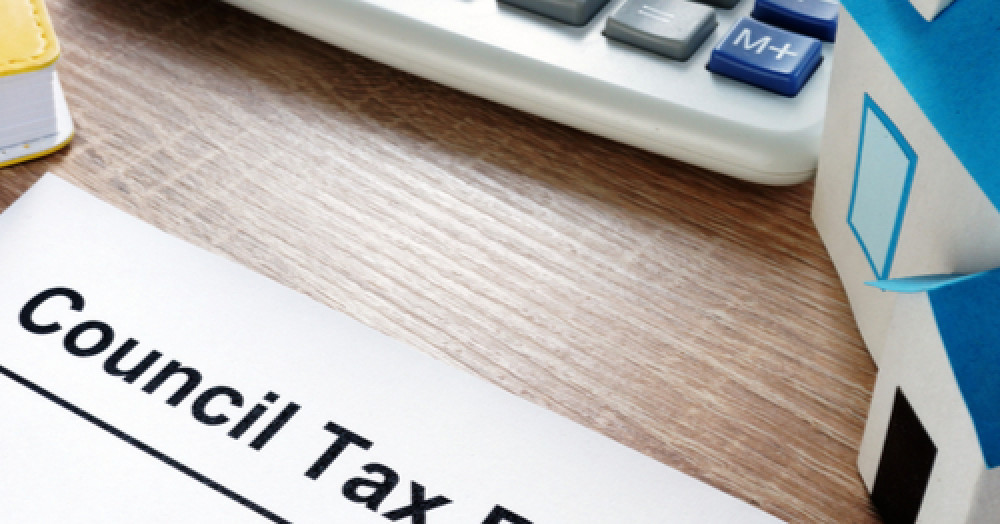
Who pays for council tax when renting; landlords or tenants?
When it comes to renting a property from a landlord, there should be a section in your tenancy agreement that stipulates you are responsible for paying council tax, along with other utility bills and services for the property. Throughout this guide we have highlighted the simple principles around council tax and what you need to know about it.
What is council tax?
Council tax is a locally set tax, which is payable for each domestic or residential property. If you’re living on rent, there is council tax payable for the property you live in. Council tax usually pays for the local charges in your area, such as the local council, fire and police services. These three institutions calculate the amount of funding they need to operate and service the areas/ regions which they are responsible for. The government also calculates how much funding they are going to release for this particular council.
How much is paid?
This varies. The exact council tax is calculated based on the property’s value. The values are divided into band forms A to H (A to I in Wales) which have a set amount of tax payable each year and each local council has their own prices for each band. If you ever fear that you cannot pay this, the councils allow people to pay the council tax in instalments. Usually, it’s paid at 10 instalments, but based on your financial situation, you may ask to pay it in 12 instalments. There is no interest if you pay in instalments, but some local councils may offer a discount if you pay all at once in the beginning of the year. Additionally, if you are unsure how much you should pay, you can use tools like My Council Tax as it calculates an estimation of your council tax, by just inserting your postcode or Valuation Office Agency to see what band bracket your property belongs too.
Missed a payment?
When you miss a payment of your council tax, you will be issued with a reminder and given 7 days to pay your instalment. If you miss that deadline, you will lose the right to pay in instalments and the remaining of your annual council tax will have to be payable instantly. Again, if you fail to do that, then the local council may deduct it from any benefits you receive or even have bailiffs confiscate your goods for the amount owed.
Who pays council tax?
Council tax is typically paid by the person who occupies the property. If you live alone, you’re the liable person to pay council tax. For properties occupied by more than one person, then you will need to figure out the costs between yourselves to equally pay the council tax as you are jointly responsible.
When is landlord the responsible?
In some cases, the owner of the property or the landlord is liable to pay council tax. Those are special circumstances, when the tenants or residents are exempt from paying. Here are some examples:
- The property is an HMO (house in multiple occupation), meaning there are multiple tenants who rent their own private rooms, but share communal areas like the kitchen and bathroom. However, council tax is probably calculated into the rent payments.
- The occupants are under 18 or students
- The occupants are asylum seekers
- The occupants are staying temporarily and have another home somewhere else. For example if an emergency has occurred in your rental property, rendering it uninhabitable until repairs are made and you’re transferred into a temporary home by your landlord.
- The property is a care home, hospital or refuge of some kind.
Final Thoughts
Hopefully this guide has provided some clarity around the topic of council tax. If you are still unsure and would like more information, you can speak to members from our lettings team.